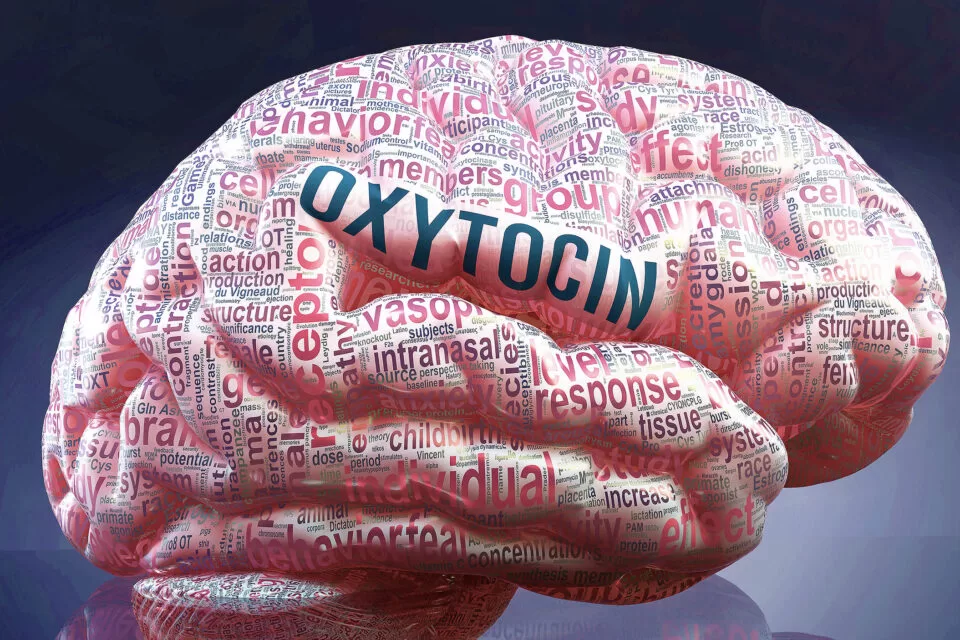In the relentless pursuit of understanding the human brain and combating devastating conditions like dementia, scientists have unearthed a remarkable ally in an unexpected place: oxytocin. Renowned for its role in fostering emotional bonds and psychological well-being, this hormone has now emerged as a pivotal player in cognitive functions such as learning and memory.
Led by Professor Akiyoshi Saitoh and Junpei Takahashi from the Tokyo University of Science, a groundbreaking study has illuminated the profound influence of oxytocin on memory, offering new avenues for dementia treatment.
The research, published in the journal PLoS ONE, delves into the intricate neural pathways and signaling mechanisms triggered by oxytocin. By employing cutting-edge pharmacogenetic techniques to activate oxytocin neurons in specific brain areas, the scientists have unveiled novel insights into its impact on cognitive functions.
“We previously suggested that oxytocin may be a new therapeutic candidate for dementia. In this study, we examined the role of endogenous oxytocin in mouse cognitive function,” explained Professor Saitoh.
Their study reveals oxytocin’s critical function in regulating social memory and links deficiencies in the hormone or its receptors to abnormal social memory in mice. But the real revelation lies in oxytocin’s influence on learning and memory, particularly within the supramammillary nucleus (SuM).
By visualizing mouse brain slices after activating oxytocin neurons, the researchers observed significant activity in specific brain regions, providing compelling evidence of oxytocin’s involvement in maintaining long-term memory. Moreover, selective activation of oxytocin axons encouraged mice to explore novel objects, directly linking oxytocin’s modulation of memory to its neural projections.
“This research marks the first evidence of oxytocin’s involvement in object recognition memory via the SuM, highlighting its potential role in Alzheimer’s disease and the modulation of recognition memory,” noted Professor Saitoh.
Importantly, the study’s findings offer hope for individuals battling dementia, suggesting that stimulating environments that activate oxytocin in the brain could potentially mitigate the disease’s progression.
“We know that dementia tends to advance more rapidly in settings where individuals experience loneliness or limited social engagement. Our research seeks to elucidate the crucial role of a stimulating environment that activates oxytocin in the brain, potentially slowing down the progression of dementia,” Professor Saitoh emphasized.
In summary, this groundbreaking research illuminates oxytocin’s vital role in enhancing long-term memory, offering new insights into its potential as a therapeutic agent for Alzheimer’s disease. As scientists continue to explore oxytocin’s multifaceted effects on cognitive functions, the promise of innovative pharmaceutical interventions grows, potentially transforming the landscape of dementia care and offering hope to millions affected by this condition.












